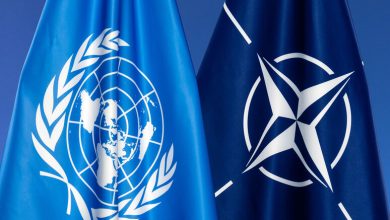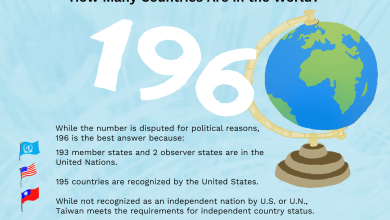What is the Meaning of United Nations Security Council: Explained
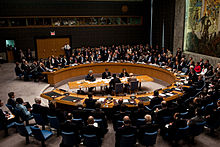
The United Nations Security Council (UNSC) is a principal organ of the United Nations. It is responsible for maintaining international peace and security.
The UNSC has 15 members, including five permanent members with veto power: the United States, the United Kingdom, France, Russia, and China. The council addresses global conflicts and threats, imposes sanctions, and authorizes military actions. Non-permanent members are elected for two-year terms, ensuring diverse representation.
The UNSC plays a crucial role in conflict resolution and international diplomacy. Its decisions impact global stability and security. The council’s effectiveness depends on the cooperation and consensus of its members. Understanding the UNSC’s function is essential for grasping international relations and global governance dynamics.
Origins And Purpose
The United Nations Security Council (UNSC) started after World War II. It began in 1945. The main goal is to maintain international peace and security. The UNSC can make decisions that member countries must follow. It also tries to solve conflicts peacefully. Sometimes, it sends peacekeeping forces to troubled areas.
The UNSC has 15 members. Five are permanent members. The other ten are elected for two-year terms. The permanent members have special power called the veto power. This means they can stop any decision.
After World War II, many countries wanted peace. Leaders met in San Francisco in 1945. They created the United Nations. The UNSC was one part of this new organization. It was designed to stop future wars. It also aims to bring nations together.
The five permanent members are the United States, the United Kingdom, France, Russia, and China. These countries helped win World War II. They wanted to keep the world safe. They have been part of the UNSC since the beginning.
The other ten members change every two years. These members come from different regions. This makes the council fair and balanced. Every country has a chance to join the UNSC.
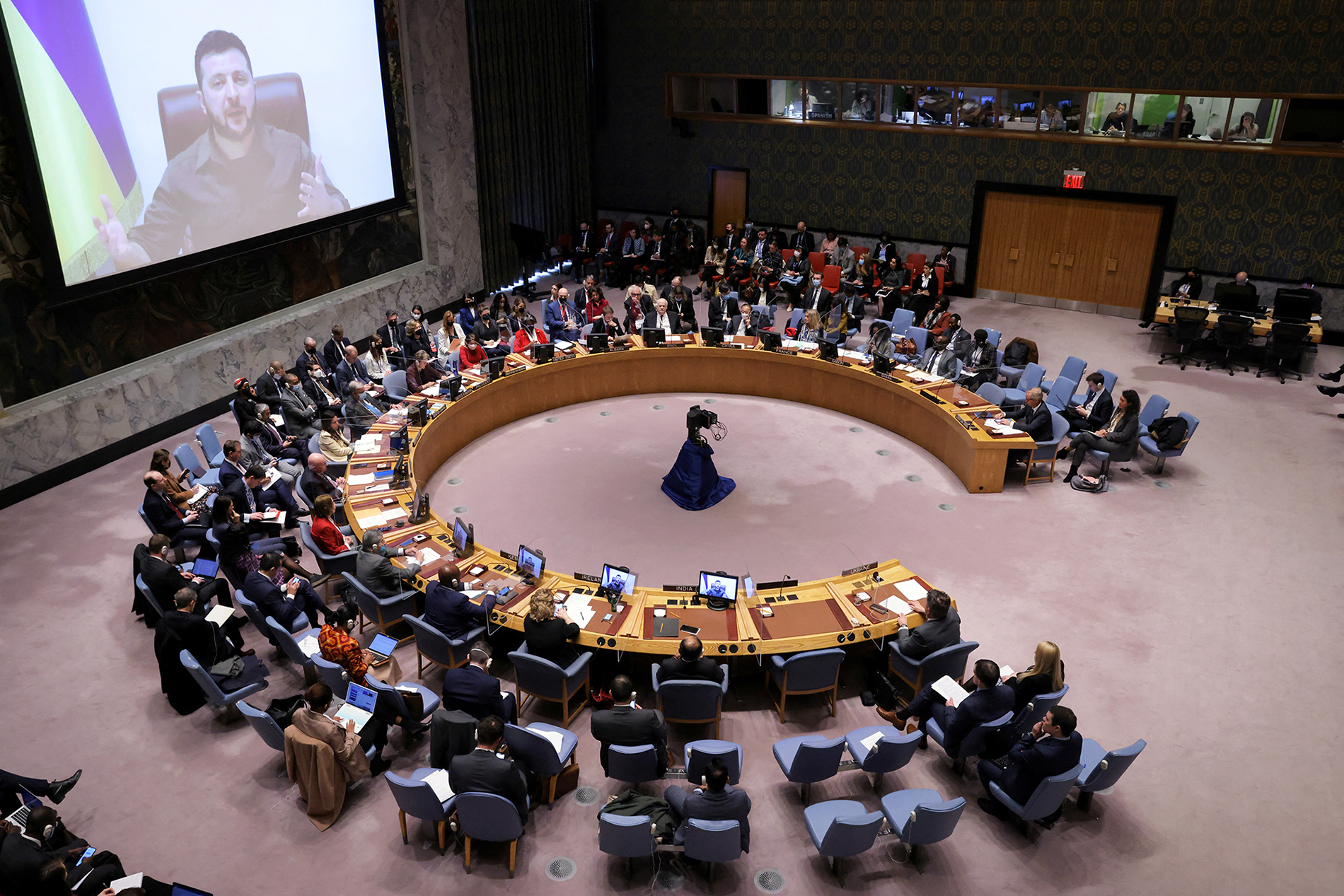
Credit: www.cfr.org
Structure And Members
The United Nations Security Council has five permanent members. These members are often called the P5. They are China, France, Russia, the United Kingdom, and the United States. These countries were the main winners of World War II. Each of these members has a special power called the veto. They can stop any decision or action with this power.
The Security Council also has ten non-permanent members. These members are chosen for two-year terms. They represent different regions of the world. Every year, five new non-permanent members are elected. This ensures that every region has a chance to be represented. Non-permanent members do not have veto power. They work together with the permanent members to maintain peace and security.
Functions And Powers
The United Nations Security Council plays a crucial role in maintaining peace. It helps prevent conflicts between countries. This council also resolves disputes. It sends peacekeeping forces to troubled areas. These forces help keep the peace. They protect civilians and aid in rebuilding war-torn regions.
The Security Council can impose sanctions on countries. These sanctions can be economic, diplomatic, or military. Economic sanctions might include trade restrictions. Diplomatic sanctions can involve cutting ties with a country. Military sanctions can include arms embargoes. Sanctions aim to pressure countries to change their behavior.

Credit: en.m.wikipedia.org
Decision-making Process
The United Nations Security Council has 15 members. Each member gets one vote. Decisions need at least nine “yes” votes. Five permanent members have special powers. They are the United States, Russia, China, France, and the United Kingdom. Non-permanent members are elected for two-year terms. All members take part in the voting process.
The five permanent members have veto power. A veto means blocking a decision. Even if 14 members vote “yes,” one veto stops the decision. This power helps prevent actions that one powerful country opposes. Veto power is a key part of the Council’s decision-making process. It ensures that major powers agree on important issues.
Challenges And Criticisms
The United Nations Security Council often struggles to take quick action. Some members have veto power. This means one country can block decisions. This can slow down efforts to keep peace. Many people think the council needs to be more effective.
Many countries want changes to the Security Council. They believe it is outdated. Some nations feel they should have more representation. There are also calls to limit the veto power. These changes could make the council fairer and more efficient.
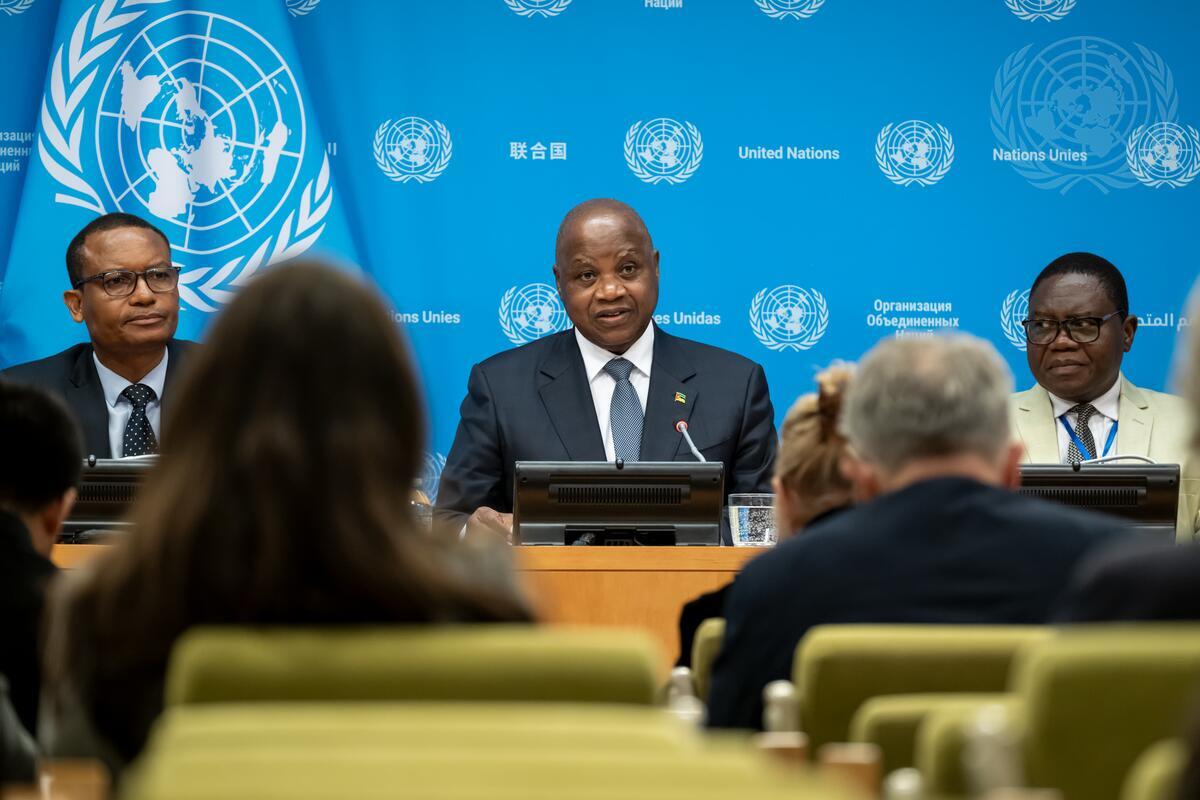
Credit: www.un.org
Frequently Asked Questions
What Is The Purpose Of The United Nations Security Council?
The United Nations Security Council maintains international peace and security. It addresses conflicts, imposes sanctions, and authorizes military action. The council also promotes global cooperation and stability.
Who Are The 15 Members Of The Security Council On The Un?
The UN Security Council has 15 members. Five are permanent: China, France, Russia, the United Kingdom, and the United States. Ten are non-permanent, elected for two-year terms.
Which Countries Are In The Un Security Council?
The UN Security Council has 15 members. The permanent members are the USA, UK, China, Russia, and France. Ten non-permanent members are elected for two-year terms.
How Are Security Council Members Chosen?
Security Council members are chosen by the United Nations General Assembly. Five permanent members hold lifetime seats. Ten non-permanent members are elected for two-year terms.
Conclusion
The United Nations Security Council plays a crucial role in maintaining global peace and security. Understanding its purpose and functions helps us appreciate its importance. By fostering cooperation among nations, the council addresses conflicts and promotes stability. Stay informed about its activities to grasp its impact on international relations.


